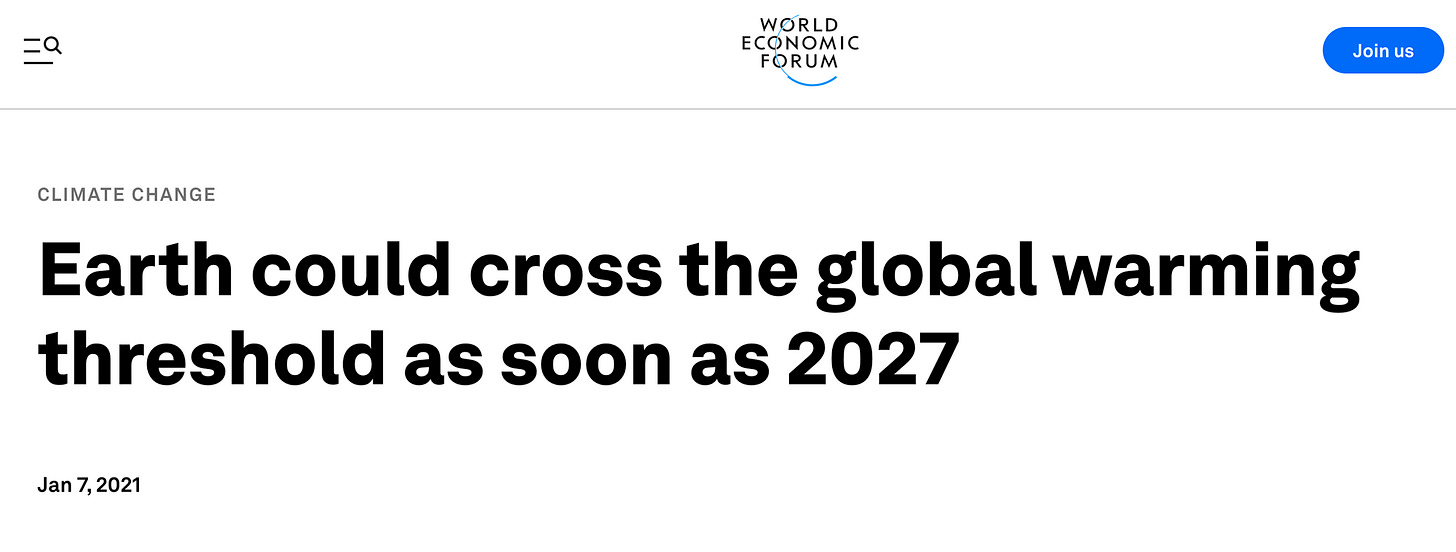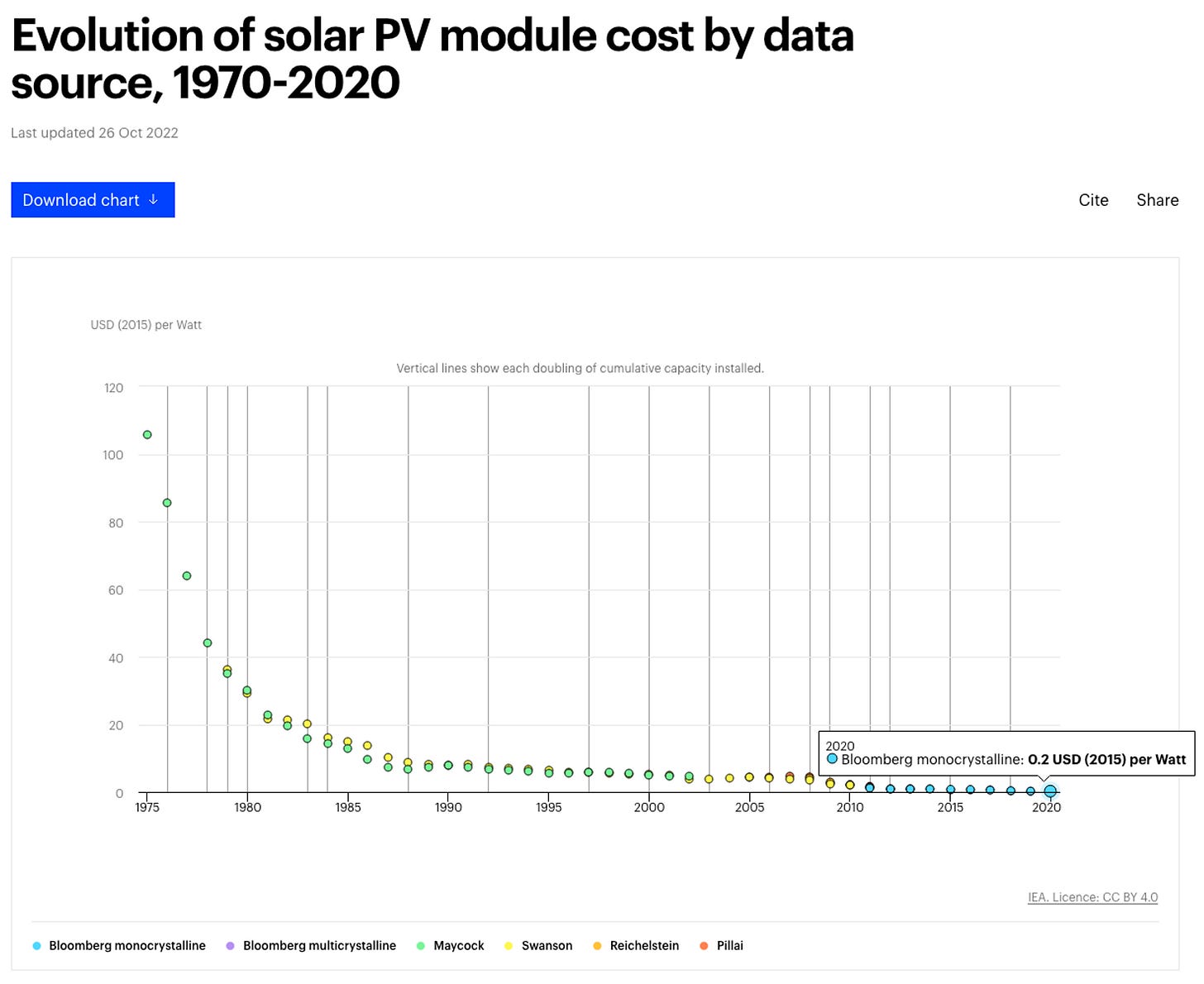My Reflection on Paul Krugman’s “Why Growth Can Be Green”
Topics: Green Energy and Climate Change
Personal Note
Future growth needs to be green. Before even going into a full reflection, the world must depend on renewable energy and pivot away from fossil fuels. According to the World Economic Forum, we can reach a global temperature increase of 1.5˚C as early as 2027. That is just a mere four years away.
Global warming will create irreversible effects, which will significantly impact those who are vulnerable to dangerous weather conditions. The path to fully adopting green energy is heavily politicized, but it should be a united movement. The thought of our world becoming uninhabitable is a scary thought and not a world that I wish to live in. The time to act is now.
Paul Krugman’s “Why Growth Can Be Green” - My Reflection
Paul Krugman is a Nobel-winning economist for his work on New Trade Theory and his books such as The Return of Depression Economics and the Crisis of 2008 (one of my personal favorite finance books) and Arguing with Zombies: Economics, Politics, and the Fight for a Better Future. On a personal level, I connect with a lot of Krugman’s ideas and I frequently read his New York Times column.
When he published a post focused on green energy earlier last month, I knew that I had to reflect on it. Since the origination of this Substack, sustainable energy and climate change are topics that I frequently visit. The world of finance plays an instrumental part in the success of sustainable energy. Through new investment instruments focused on clean energy, such as “green bonds”, we are quickly building a renewable world. Although, I argue that this shift needs to happen more quickly. This is due to the limited time left until climate change’s irreversible effects play a factor.
As Paul Krugman points out, the world is adopting renewable technologies because of two reasons: (1) significant technological advances that are also bringing down the price and (2) the US government is incentivizing their use through subsidies and tax credits. With both of these working in tandem, I fully expect a large-scale adoption of renewable energy technologies in the next couple of years. This is subject to policy changes that may occur if there is a new Presidential administration takes place in 2024.
At the end of the day, substantial economic growth can coincide with a shift to renewables. There is the frequent argument, as Krugman emphasizes, that “environmental protection is incompatible with economic growth”. As Krugman begins to touch on, we need to also focus on metrics like living standards and environmental damage. I will go as far as saying that economic data like GDP is outdated. It is a valuable benchmark to get a general idea of an economy’s growth, but should never be the end-all-be-all measurement for judging an economy.
Other factors are equally important in measuring an economy’s success, such as living standards (access to food and water), infrastructure, and physical and emotional well-being. This data is not captured by GDP unless you make the loose claim that living standards increase with economic growth.
GDP is a dangerous statistic in my eyes. It should not be the sole indicator of economic prosperity, especially when the world is close to experiencing the irreversible effects of climate change. If the world becomes uninhabitable… well… GDP does not matter too much… does it? At the end of the day, long-term sustainability is the name of the game. To win that game, renewable energy is the answer.
If you are interested in green energy and climate change, be sure to check out some of the articles linked down below!
Other Articles and Graphs to Check Out:
100 Most Sustainable Companies: https://www.barrons.com/articles/barrons-100-most-sustainable-u-s-companies-1b5f70fd?mod=hp_LEADSUPP_1
C02 Emissions in 2022: https://www.iea.org/news/global-co2-emissions-rose-less-than-initially-feared-in-2022-as-clean-energy-growth-offset-much-of-the-impact-of-greater-coal-and-oil-use
Global C02 Emissions Graph: https://www.iea.org/data-and-statistics/charts/global-co2-emissions-from-energy-combustion-and-industrial-processes-1900-2022
7 Ways You Can Save Energy:





